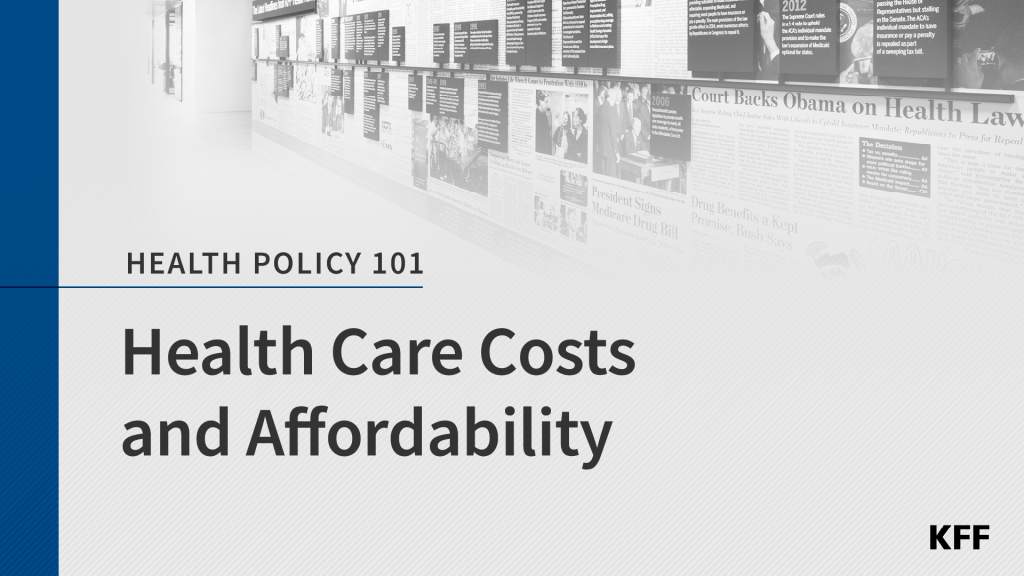Part B and Part D Out-of-Pocket Spending as a Share of Average Social Security Benefit, 1970-2010
Part B and Part D Out-of-Pocket Spending as a Share of Average Social Security Benefit, 1970-2010 Download Source Kaiser Family Foundation analysis based on data from 2012 Annual Report of the Boards of Trustees of the Federal Hospital Insurance and Federal Supplementary Medical Insurance Trust Funds.
